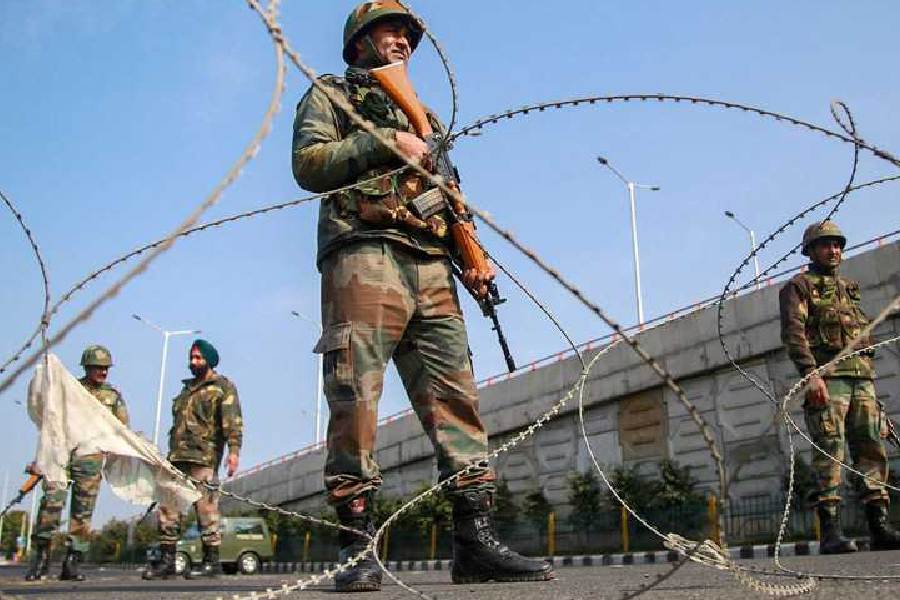Rajya Sabha member from Mizoram, K. Vanlalvena, in a letter to Union home minister Amit Shah on Thursday claimed that if the Centre went ahead with its decision to fence the Indo-Myanmar border, the northeastern state would “lose more than 500km” of “precious” fishing and agricultural land.
Expressing concern and resentment on “behalf” of the people of Mizoram on the government’s decision to fence the entire 1,643km Indo-Myanmar border, the Mizo National Front (MNF) MP contended the international border in Mizoram was “arbitrarily demarcated” by the British. He said it was done “without proper ground survey and with no regard to ground reality” because of which “our people were forcibly settled” in three countries — India, East Pakistan (now Bangladesh) and Burma (now Myanmar).
Along with the fencing issue, Vanlalvena also flags the Centre’s intention to withdraw the Free Movement Regime (FMR) which allows people on either side of the border to venture 16km into each other’s territory without a visa and also stay up to two weeks on either side.
The MP stated: “Our people who are settled on both sides of the border have been able to earn their livelihood and be in contact with each other for the past 75 years after independence because of the mechanisms such as the FMR and removal of such mechanism is bound to create great hardship for people on both sides of the border.”
Amit Shah said on Thursday the MHA had decided to scrap the FMR to ensure internal security and to maintain the demographic structure of India’s northeastern states, two days after he had announced the move to fence the porous Indo-Myanmar border.
Although fencing the border, according to the Centre, was required to stop cross-border smuggling of drugs, arms and other illicit drugs, the MP drew attention to the fencing carried out along the Indo-Bangladesh border. He said it had “not achieved any fruitful results as cross-border smuggling of drugs and arms still continue”, evident “from the frequent interception of such illegal consignments by our border guarding forces”.
Requesting the Centre to reconsider its decision “in the best interest of our people”, Vanlalvena said: “What such kind of fencing has achieved is only to deprive our people access to the rivers in the border areas which are their fishing grounds and agricultural fields from which they have been earning their livelihood.”










